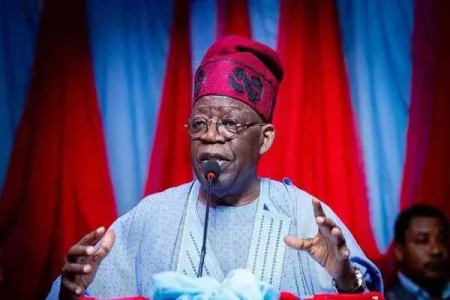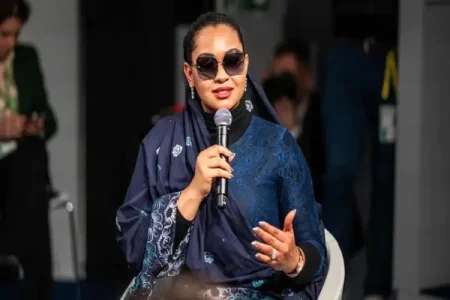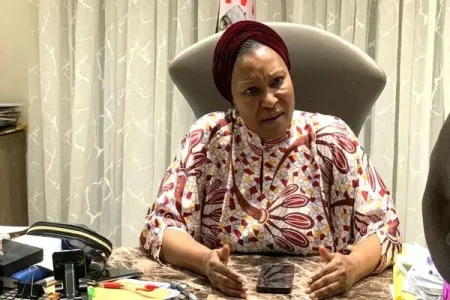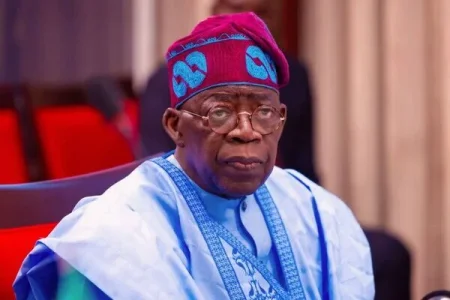
The Digest:
The Nigerian presidency has rejected the International Monetary Fund’s (IMF) harsh assessment of Nigeria’s economic reforms, inflation, and poverty levels. Special Adviser to President Tinubu, Tope Fasua, criticized the IMF’s continuous negative statements, which he believes risk turning the public against the government.
Key Points:
- The IMF raised concerns about Nigeria’s inflation and slow reform impact in its report “How Nigeria Can Unleash Its Economic Potential.”
- IMF highlighted challenges, such as rising poverty, inflation exceeding 20%, and food insecurity, despite the government’s reforms.
- Fasua defended the administration, pointing to recent economic policies, including tax reforms aimed at helping low-income earners and small businesses.
- Fasua criticized the IMF’s conflicting advice, questioning the credibility of its dual role as both an advisor and a lender.
- The Nigerian government repaid $3 billion to the IMF, but Fasua called for patience to allow policies to take effect.
- He emphasized the unrealistic expectation for immediate results, citing the need for time to stabilize the economy.
- The IMF urged stronger growth, but Fasua dismissed its recommendations for more painful reforms like higher interest rates, noting that inflation had already started to decrease.
Despite the IMF’s warnings, Fasua maintained that Nigeria’s reforms are on track and called for more time to yield positive results.
Sources: Channels TV, Vanguard, Premium Times




